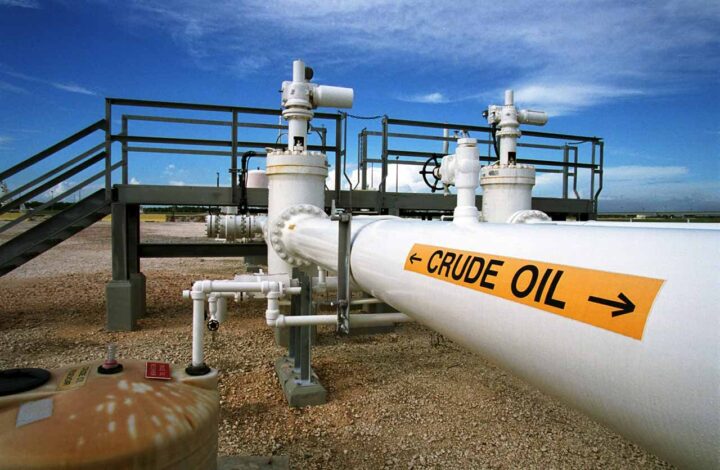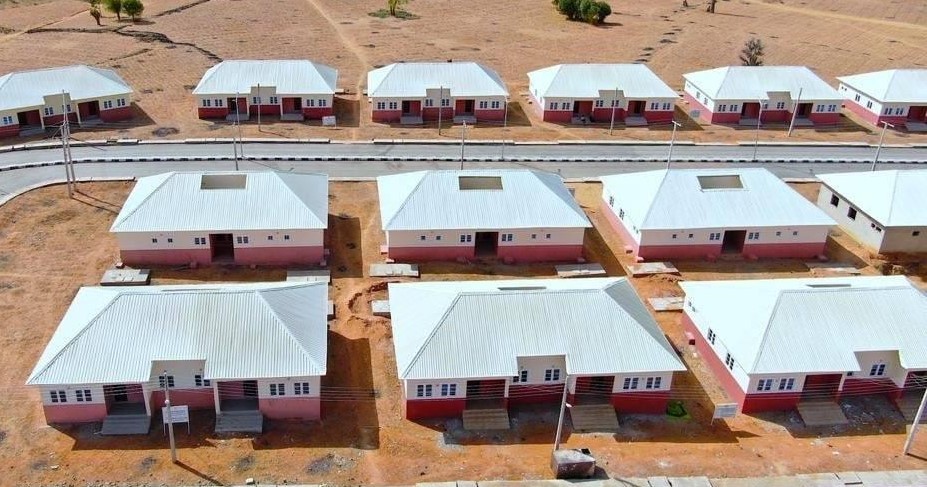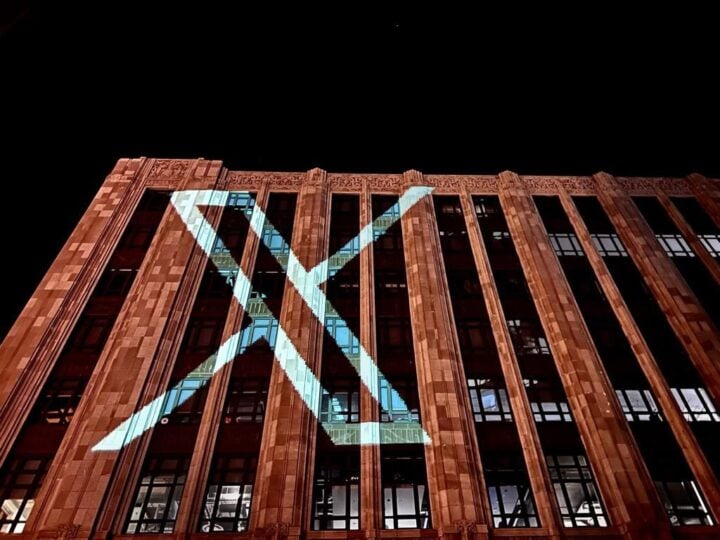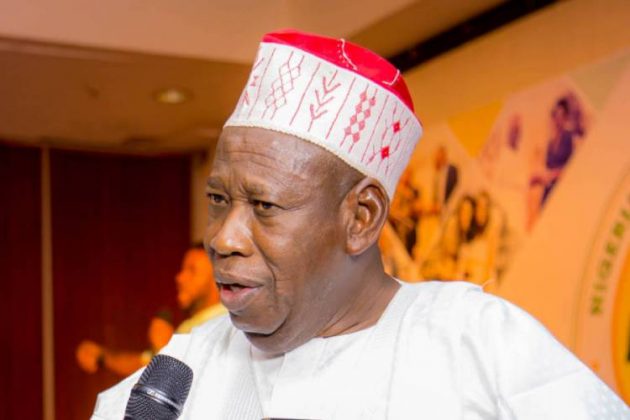The Nigerian Upstream Petroleum Regulatory Commission (NUPRC) says the country’s oil and condensate reserves stood at 37.50 billion barrels as of January 1, up from 37.046 billion barrels in May 2022.
Gbenga Komolafe, chief executive officer of the commission, spoke during a press conference in Abuja on Monday.
He said crude oil and condensate reserves stood at 31.56 billion barrels and 5.94 billion barrels respectively, amounting to a total of 37.50 billion barrels.
Also, associated gas and non-associated gas reserves amounted to 102.59 trillion cubic feet (TCF) and 106.67 TCF respectively — resulting in total gas reserves of 209.26 TCF during the period.
Advertisement
Therefore, the NUPRC CEO declared the “total oil and condensate reserves of 37.50 billion Barrels and Total Gas reserves of 209.26 Trillion Cubic Feet as the official National Petroleum Reserves Position as of 1st January 2024”.
“The Reserves Life Index is 68.01 Years and 97.99 Years for Oil and Gas respectively,” he said.
“Positive gross addition to oil and gas reserves of 1.087 Billion Barrels and 2.573 Trillion Cubic Feet respectively was recorded.”
Advertisement
Komolafe said NUPRC is committed to improving the country’s oil and gas reserves as well as the successful completion of all strategic initiatives that would enhance the sector’s productivity.
This, he said, includes the Nigerian gas flare commercialisation plan (NGFCP), which aims to fulfil Nigeria’s commitment to stop routine gas flaring within 10 years and lower global emissions, and the Domestic Crude Oil Supply Obligation (DCSO) to meet demands of local refineries.
Meanwhile, Nigeria’s average daily crude oil production dropped to 1.23 million barrels per day (bpd) in March 2024 — from 1.32 million bpd in February — according to the Organisation of Petroleum Exporting Countries (OPEC).
Advertisement





